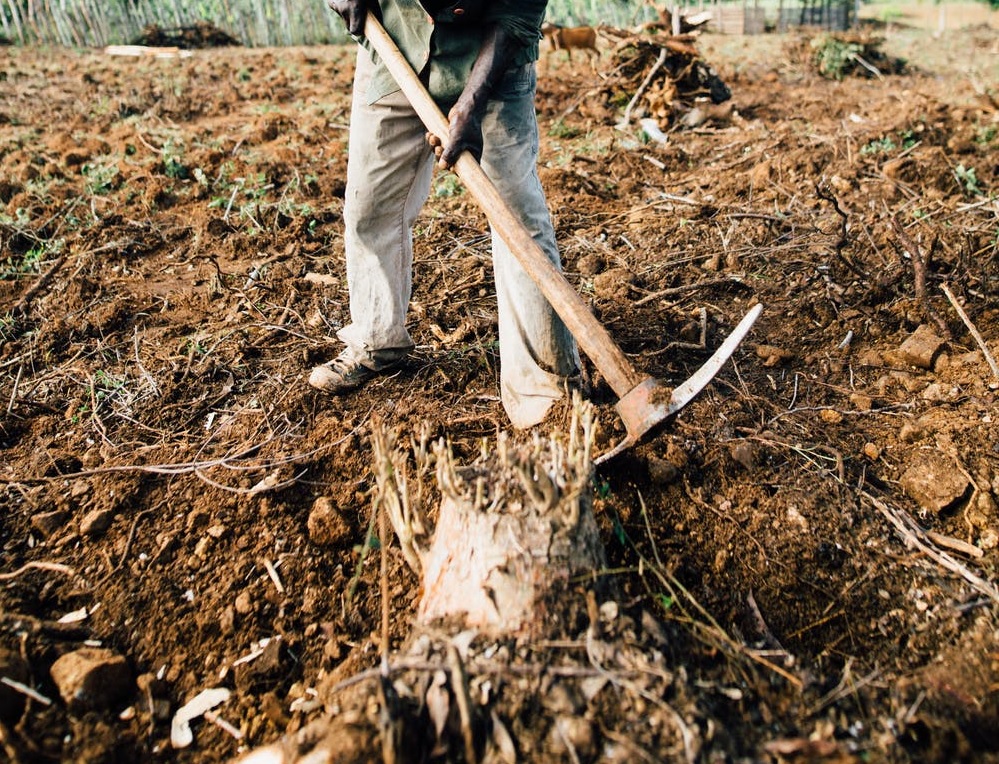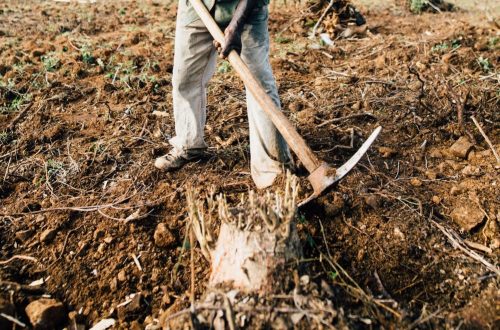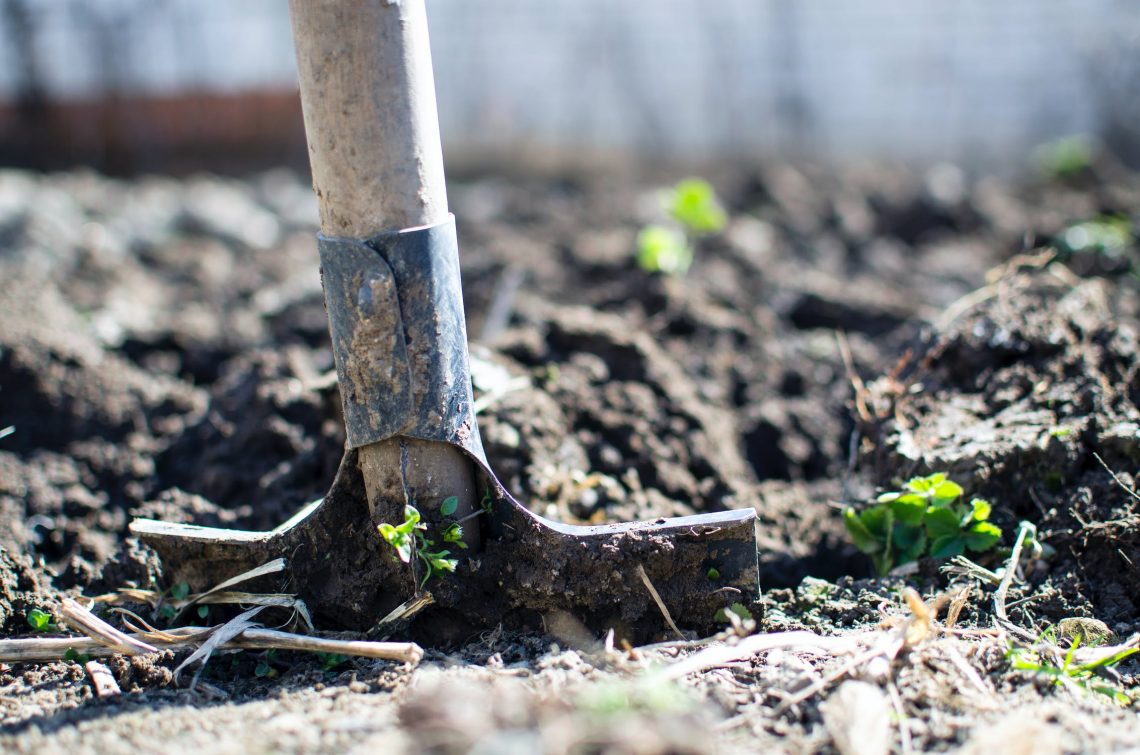-
The Luberizi Dam Project
The Luberizi irrigation dam on the eastern part of DRC was first constructed by Belgians in 1952, providing water to approximately 2000 hectares of agricultural land. However, the dam was damaged in 1970 during the course of repairs. Consequently, this shut off the water supply to the agricultural fields and drove the formerly successful agricultural society of Luberizi into a state of poverty, which has continued for many decades.
Working Villages International initiated plans to rebuild an irrigation dam, in 2012, in the Luberizi region of the DRC, and restore water to the tens of hundreds of farmers who practice agriculture in the region. Working Villages International sought and was able to obtain partnership opportunities with institutions and individuals committed to alleviating poverty in the Eastern Congo region. The aim of the dam was to divert water into a system of canals and allow for year-round irrigation for approximately 2000 hectares of fertile agricultural land. The project would provide employment opportunities for local farmers who would be involved in building the canal, which would then offer them the water required to substantially boost agricultural yields.
The project entailed the building of a huge stone dam to the west of Luberizi. The dam would create a small lake and would divert water through a 2-kilometer long canal and bring water to dozens of other secondary canals, and the water would then flow through hundreds of other tertiary canals. Such a network of canals would make year-round irrigation possible for tens of hundreds of hectares in the region. Working Villages International provided finances, organizational and engineering expertise, and equipment needed for the project, while farmers in the Luberizi region offered unskilled labor.
Working Villages International started clearing the primary canal in February during the brief pause of the rainy season. Working Villages International then proceeded with the clearing of secondary and tertiary canals and repairing dikes during the dry season beginning in July.
In March 2014, Working Villages International finished constructing a dam that would divert the Luberizi river to a subsequent dam. The project maintained aspects of the Belgian design of funneling water into Luberizi’s irrigation system, but the composition and location of the dam changed. The dam was over a hundred meters upstream, and the catchment area was significantly smaller. However, the new area left room for World Villages International to build a bigger dam in the future with greater longevity and a larger catchment area than the original dam.
Since 2005, Working Villages international has been instrumental in alleviating poverty in the Congo region. Various projects done by the organization have created employment opportunities for thousands of people, and have improved their livelihoods and those of their families. One of the greatest accomplishments by Working Villages International was making Ruzizi valley a self-sustaining economy, which was made possible by the joint work of the locals and Working Villages International. Currently, Working Villages International continues to carry out various projects in Congo to help fight poverty in the region.…
-
The Ruzizi Valley Project
The Ruzizi valley project may seem like an agribusiness to the average observer, but it’s not. There are significant differences. For starters, Working Villages International’s main goal is to grow food for the farmers and their families as opposed to the market. If anything remains after that, the organization sells it and uses the proceeds to pay the farmers. This creates a significant impact on the lives of thousands of people, who no longer need to eat snakes to survive.
One of the objectives at the start of the project was to introduce animal traction. Petroff had spent some time at the Ox Training Center and Namalu Ox hire in Uganda, and subsequently at Tillers International in Michigan. Petroff fully believed that animal traction, particularly ox power, was the key to sustainable economic development in Africa, Which is why Working Villages International’s emblem is an ox yoke.
To raise living standards, you must improve productivity. Ox power significantly raises productivity, as compared to the use of hands which is the fundamental technique used in most parts of Africa. Unlike tractors, Ox power does not put employees out of work. Thus, it creates the perfect balance. Also, the gas prices in Congo are astronomical, and the use of tractors is not a viable option for the local population, as it can also lead to credit issues for the locals.
Another Significant aspect of ox power is the economic linkages it generates. If one decided to use a tractor, they would have to continually import goods and expertise at virtually every step of the way–which is contrary to what you require to build village self-reliance. Ox power on the other hand creates a wide range of needs, generating several employment opportunities for locals.
Ideally, Working Villages International hopes to see villagers build harrows and plows for farming, wheels, and carts for transportation of goods and crops, tackle and block setups for building and quarrying, sweep-fueled ox power units for wood sawing, grain grinding, and other applications, and slip-scrapes for road construction. Ox power allows a village to develop a wide range of skills, leading to a more dynamic and stronger community.
Building a village with a self-sustaining economy was not simple. It was sometimes very challenging to tackle the surrounding issues of war and instability. What Working Villages International did in the Democratic Republic of Congo wasn’t similar to any trend in the region. Quite the contrary, the nation was in a state of anarchy and collapse. However, the Ruzizi valley initiative managed to blossom. Working Villages International is now the second-largest employer in the region, second only to the military. As the project continues to grow, it becomes a better refuge for numerous people seeking employment opportunities, as well as the opportunity to bring up their families in a productive, peaceful, and stable environment.
Following many years of hard work, the proceeds from surplus yields are now able to pay all agricultural labor costs. As a result, all finances raised by Working Villages International can be used to expand other features of the project. In addition to establishing a housing project, Working Villages International has also initiated a tree planting program to promote recovery from deforestation in the region.…
-
The Mission of Working Villages International (WVI)
Founded in 2005 by Alexander Petroff, Working Villages International (WVI) is an American nonprofit organization, operating in the Democratic Republic of Congo (DRC). The organization’s mission is to alleviate poverty in rural communities. They achieve this by investing in agricultural programs that significantly increase farmers’ incomes. Working Villages International tackles the challenges of a poverty-stricken area with methods based on Gandhian fundamentals of village development. A significant proportion of poverty in the developing world results from misappropriation of goods and misuse of resources. Working Villages International offers start-up funds for employment and training, and helps in community building, creating an environment that promotes independence from foreign aid, as well as economic sufficiency. Self-sufficiency and local production are indispensable to peace in underdeveloped nations. Working Villages International aims to establish several self-sustaining villages across Sub-Saharan Africa and other regions, greatly improving the quality of life of communities in the region without causing dependence on foreign aid in the future.
Working Villages International tackles unemployment and the root causes of hunger through a scalable development model based on ecologically sound and self-sustaining agricultural techniques. One of the most impactful projects by Working Villages International was the construction of large irrigation systems in the eastern part of Congo (DRC). Studies have shown that irrigation in the fertile lands of Eastern Congo can boost a family’s income by a factor of 10. Although World Villages International continues to experiment with different growing methods and seed varieties, the majority of the organization’s efforts target irrigation.
Ruzizi Valley Project
In April 2006, following years of studying, training, and imagining in every way he could of how to create a self-sustaining village, Alexander Petroff finally decided to put things into motion. By the time, Petroff had already set up Working Villages International and had raised some start-up capital.
Over the next couple of years, Working Villages International continued expanding the project, employing more land in agriculture and employing more villagers. Currently, Working Villages International employs more than six hundred employees, and has hundreds of acres under cultivation, producing a variety of over ninety crops. A key area of focus has been beans, corn, and rice, which are staple foods for the local community. They practice field rotation and are presently growing approximately 100,000 pounds of rice every month and a significant amount of beans and corn.
In recent years, Ruzizi valley has been experiencing increasingly longer dry seasons due to global warming, which limits agricultural activities in the region. Petroff decided to purchase a minimalistic GPS device from L.L. Bean to address the issue of longer dry seasons. World Villages International utilized the device in designing and building a 250-acre irrigation network to draw water from a river near the land. This was all carried out by the use of hand tools. All aspects involve simple hand techniques of channeling and trenching to control where the water should go. This offered a significant boost to their productivity.…





